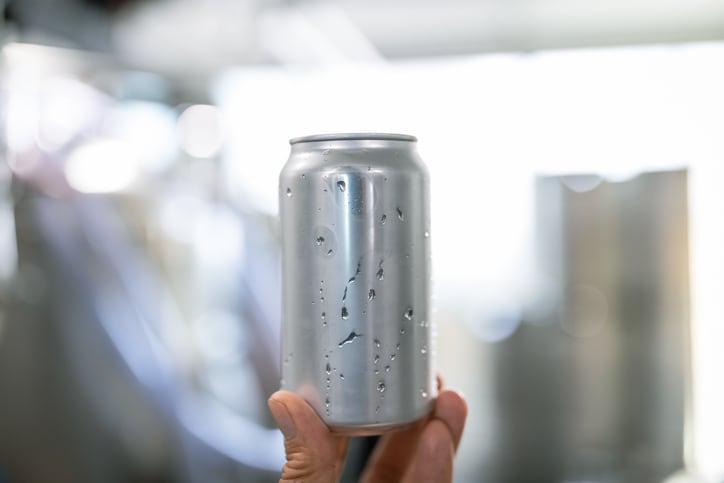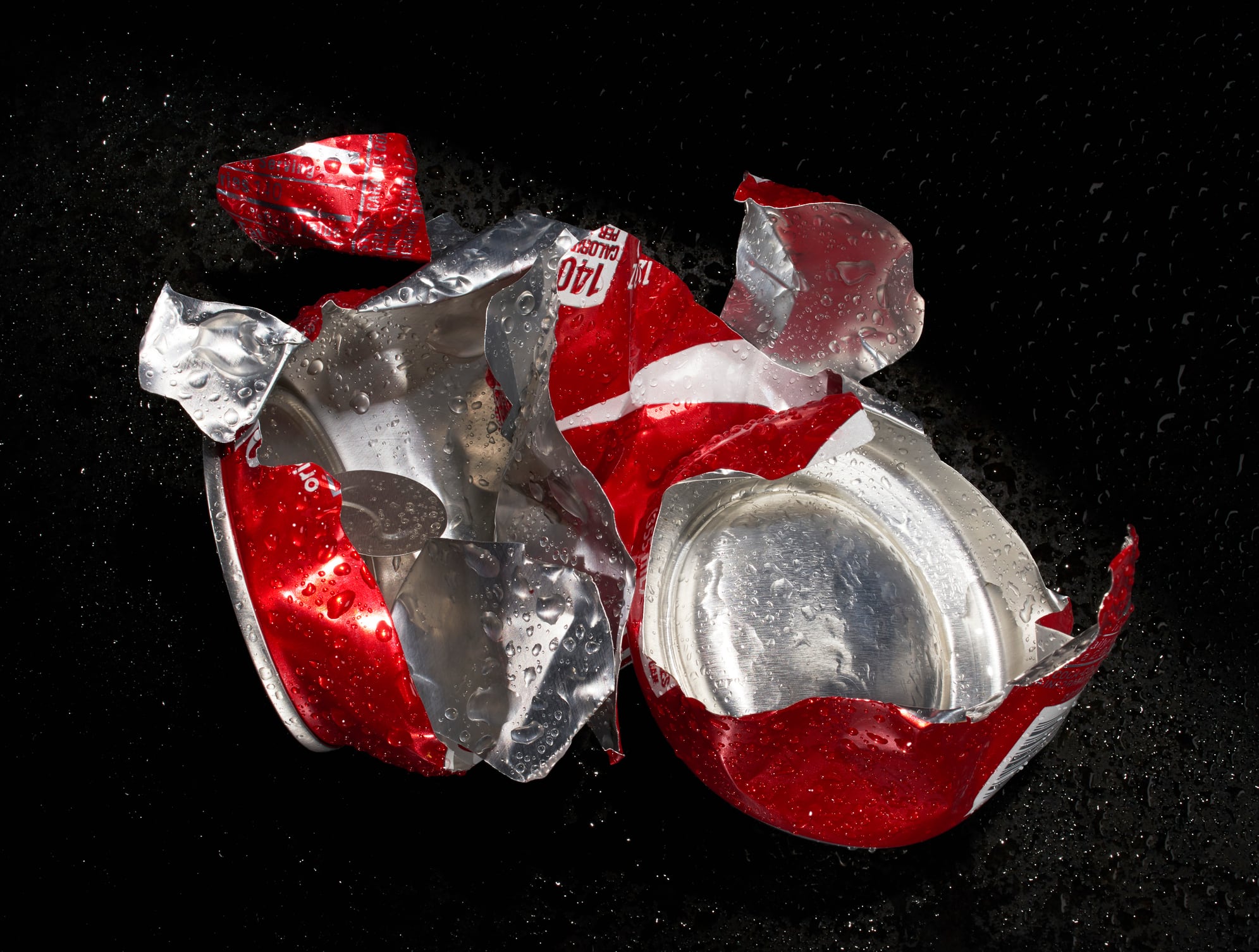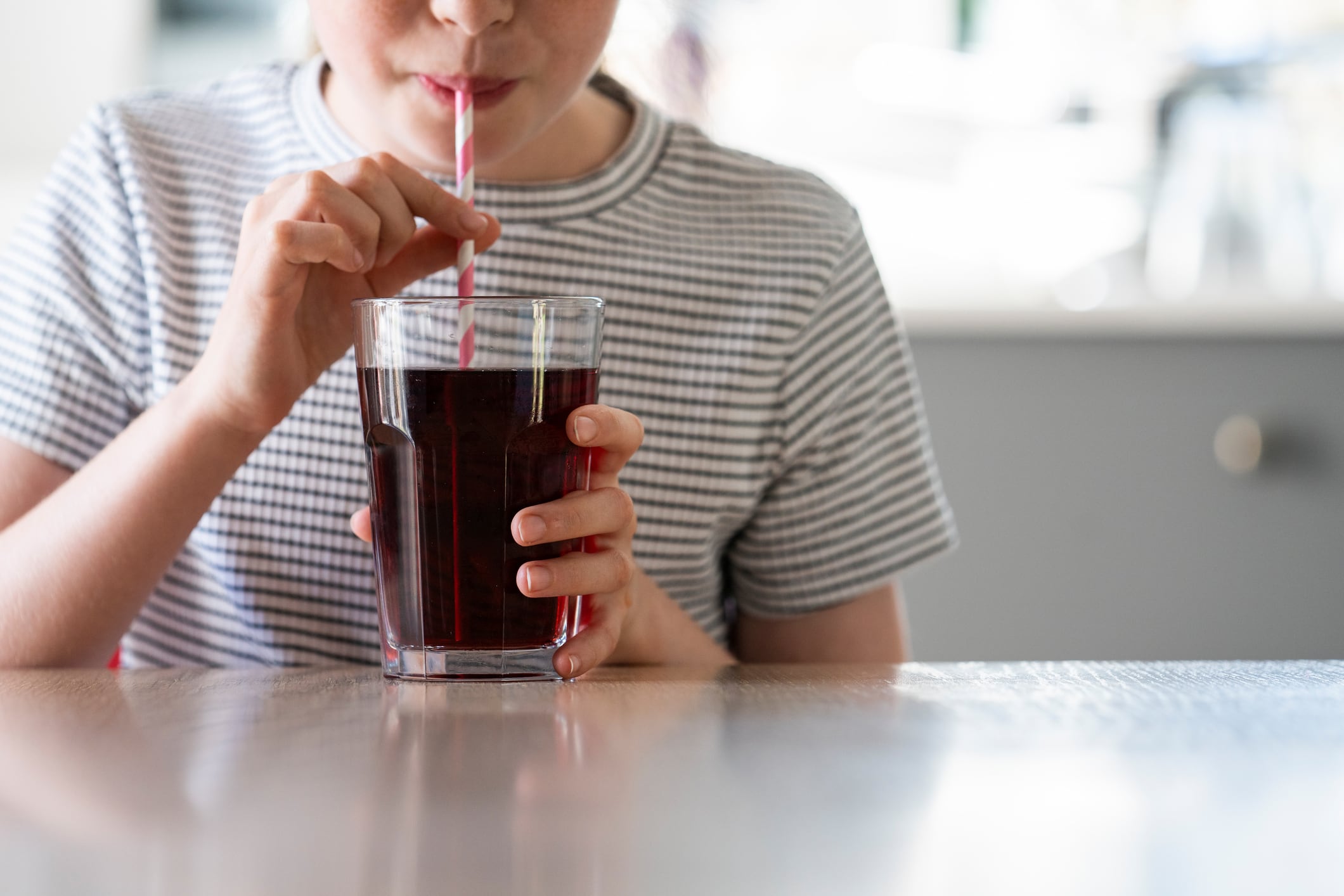President Donald Trump has announced 25% import tariffs on all steel and aluminum coming into the US, ending previous exemptions for Canada and the EU.
The move will mean aluminum cans will cost more for beverage producers: and those costs could be passed onto consumers.
Aluminum beverage cans have been rising in popularity over the last decade: with proponents championing the material as lightweight, convenient and infinitely recyclable.
They’re also well suited to trending categories such as RTD cocktails, seltzers, energy drinks, soda and craft beer.
In fact, nearly 75% of new beverage launches in North America now appear in cans, according to supplier Crown.
But tariffs on aluminum will hit beverage cans, making them more expensive to use.
That’s on top of other costs, such as broad price increases on raw aluminum.
Speaking in the company’s FY2024 earnings call this week, Coca-Cola CEO James Quincey acknowledged the potential impact of tariffs but also downplayed their effect on a multi-billion dollar business with various mitigation strategies.
And one of those mitigation strategies is the option to switch to different packaging formats.
“If one package suffers some increase in input costs, we continue to have other packaging offerings that will allow us to compete in the affordability space,” when questioned by analysts of the effect of tariffs.
“So, for example, if aluminum cans become more expensive, we can put more emphasis on PET bottles, etc, etc.
“So we will adapt the packaging strategy in function of changes in the relative input costs of what goes into that. So that is part of the total adoption plan we use around the world.”
Replay
The tariffs are effectively a replay of those introduced in 2018: where 25% tariffs on steel and 15% on aluminum were introduced, but exemptions for some countries were eventually introduced and maintained throughout the Biden administration.
Craft beer: already under pressure
The situation is different for smaller companies – as the Brewers Association, which represents small and independent craft brewers in the US - attests.
“Including Canada in tariffs on aluminum will undoubtedly increase prices on aluminum products,” said Katie Marisic, senior director of Federal Affairs at the Brewers Association, as the tariffs were announced on Monday.
Craft beer could be particularly affected by the tariffs. Aluminum is used for craft beer cans, while steel is needed for equipment such as kegs, steel tanks, brewhouses and building materials.
“Both producers and consumers of craft beer have been steadily choosing cans as a packaging method,” explained Marisic.
“In 2023 the use of aluminum cans as a packaging method grew almost 4% by volume compared to the year prior, reaching 68.4 share by volume for the year. In early 2025 sales data, aluminum cans accounted for approximately 75% of packaged craft beer’s volume and revenue.”
Increased prices in for aluminum cans will add extra stress to a category already under pressure.
Can manufacturers
“U.S. can makers import only a small portion of aluminum can sheet for domestic production," said Robert Budway, President of Can Manufacturers Institute (CMI). "Our valued aluminum supplier partners are ramping up their production domestically. Ultimately CMI encourages the Trump Administration to find solutions and avoid tariffs on aluminum.”



